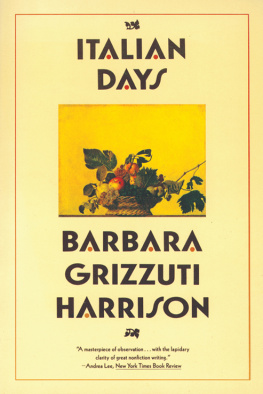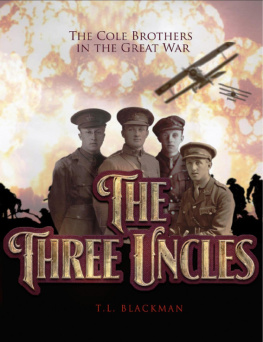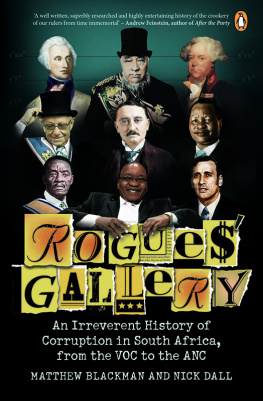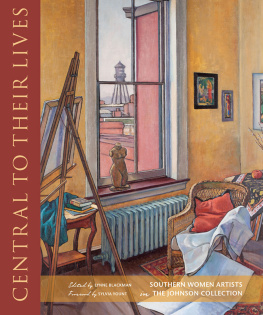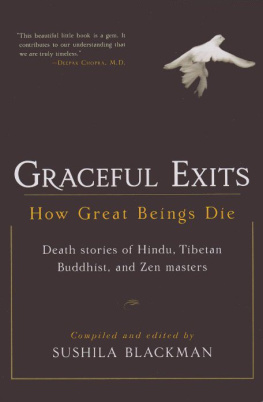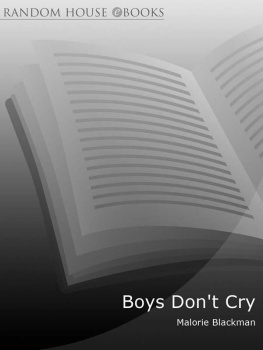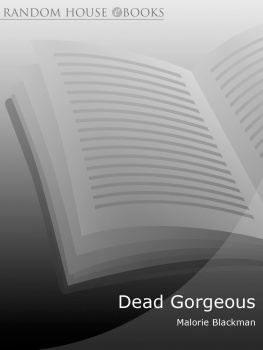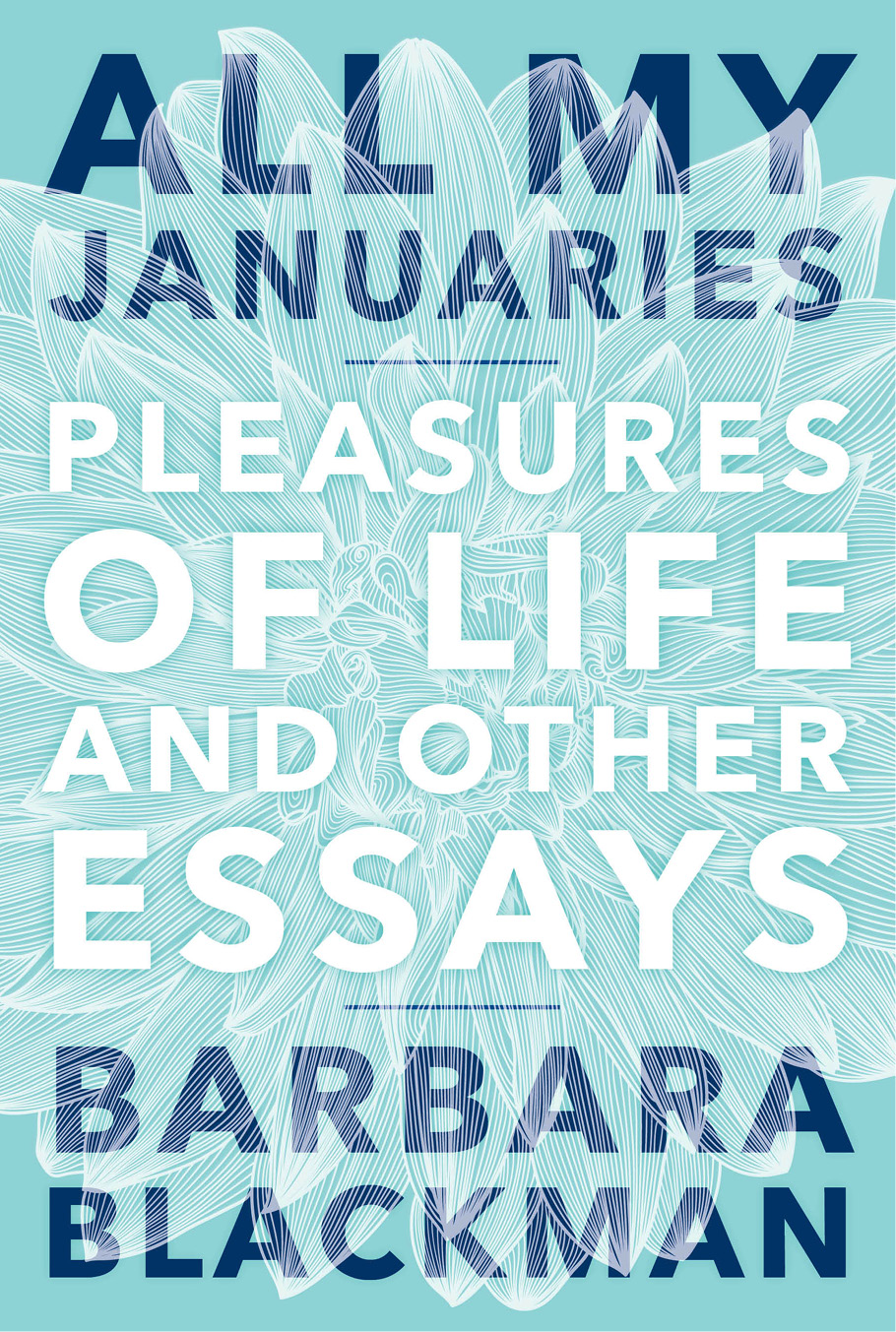ALSO BY BARBARA BLACKMAN
The Little Lives of Certain Chairs, a Table or Two and
Other Inanimates of Our Acquaintance
Barbara Blackman and Charles Blackman Talk About Food
Glass After Glass: Autobiographical Reflections
Dogs and Doggerel
Portrait of a Friendship: The Letters of Judith Wright
and Barbara Blackman 19502000 (edited by Bryony Cosgrove)
CONTENTS
Foreword
Early on summer mornings as the sun lifts the sky, waking kookaburras and magpies, I like to walk in my neighbourhood. I go along the pathways the crooked mile up and down those steep hills of Indooroopilly. Sometimes I go by the house in Essex Street where Barbara Blackman was born, where she returns again and again to remember, and I too remember with a love that touches me deeply and evokes nostalgia to wrap me in its arms. I see the little fair-fringed girl as she talks to herself, to her dolls, fifty-two of them in the playhouse kitchen, in make-believe, imagination sparking. I sense her composure, her inner life.
Each of these enchanting essays contains its own delights, wisdom, lyricism, humour, compassion, so much for intellect and heart. The most precious to me are those of the solitary childhood where honeysuckle and quisqualis twined over verandah railing, intoxicating with their sweet and medicinal odours I am reassured by those things and places of Barbaras earliest memory that have stayed the same geraniums and gerberas; hanging baskets of soft ferns; mango trees and persimmons; frangipani, yellow at its centre. Blackman is such a Queenslander in her love of colour, particularly yellow.
No more tender words of family reminiscence have been put on paper than those in Travelling Solo on a Bicycle Built for Two, stories of Barbaras dearest, her building blocks of resilience, courage and character. Coralie, her twin, lived for only sixteen days but has been with Barbara for every one since. Remember the pram for two that our mother kept? She rode you in it with the memory of me in its empty space. We came into this world as a bicycle built for two. Let us ride together. Intense loss and longing suffuses this haunting soliloquy. Barbaras father died when she was three. He too became her enduring companion, a source of comfort when she was alone and sodden with tears, times when she was miserable, defeated, abandoned, desperate. His voice has accompanied her across life go forward, dance lightly. She has.
Grandmas in flowered aprons and flowery dresses gave Barbara kindness in spades, planned treats, passed on lessons for life. The little Scottish granny was her favourite, tied by blood, thick braw Scots blood. The constant star in her sky, her mother Gertrude, read to her Grimm and Dickens, not elves and fairies. Words, words, words. Barbara fell in love with them and decided when she was four to gather them in, to be a writer.
It is no surprise that Barbara became a relentless contributor to ABC Radios The Argonauts at seven, causing controversy with her precocious talent. No surprise either in her starting a diary when she was ten, a habit that came and went in significance and attention. Miles of letters to lonely gents in the armed services began her pen-friending and a lifetime of correspondence, the best known with our wondrous poet Judith Wright. I am pleased to have some of my own letters from Blackman tucked away in their brown envelopes.
Poetry danced words on her page. We hear and sense and feel it in all that Blackman writes. Elegant, spare, crisp, concise, revealing, witty, delicious, beguiling, her essays are characterised by a vitality and urgency of rhythm. Sometimes a breathlessness comes through minimalism, her paring back, her rigour and energy. Time is taken to make sure things are both beautifully and exactly recorded and described. Barbara is a straight shooter, always honest. There is nothing wobbly about her, not on her pages, nor in her conversation. She loves to talk and her essays are utterly engaging, full of insightful observation, encouraging, giving. Her company has an ease infused with generosity. Sometimes she catches you unaware; always in play her rare skill and exceptional capacity for true listening. She delights in the occasion, friendship, togethernessing.
I have been enriched by lovely times beside her, whispering at a concert, eavesdropping on her exchanges with my husband, Michael, about their alma mater Brisbane State High, our great public school. Sprawled on their separate provinces all in full view of the headmasters watchtower, boys in long pants and girls bosomed and black-stockinged exchange glances, nicknames, notes.
There are tidbits galore to charm, to tickle, bringing smiling recognition. Commentaries about knees, toys, the Olympic torch relay; about pockets safe places for dreams; about washing day I know of no sweeter luxury than going to bed between sheets of unbleached calico sundried on dewy grass. There are gems to treasure in her taking author Edna OBrien to the Louvre for the first time. The lady with green eyes wished desperately that she could translate it all into words for Barbara Oh God, if only you could see this still life of Czannes. Even the oranges have souls.
Blackman has spoken of her blindness, teaching us so much that we should know, that we need to understand in our shared humanity. Near the time of her graduation from the University of Queensland, at twenty-one, she was told she had optic atrophy, that she could expect a rapid decline in her poor vision. Her essay Seeing from Within includes the powerful address she presented at the University of Sydneys Great Hall in 1997: Blindness is a rich interior territory, a mystery, a different kind of seeing. Blindness is my gift. We do not choose our gifts. Our gifts choose us. Our task is to learn to use them well, let ourselves be well used by them. The writer has translated the ideas and the philosophy of her inspiring words into practice every day of her life.
All My Januaries is a text of gorgeous reading about a good life happiness, beauty, fine values. A joyousness shines through the tough gullies, the dark nights. There is a light that surrounds Barbara Blackman. We see it in her philanthropy, her support for our artists, their paintings, our galleries, for music, our musicians, their festivals, our composers.
These essays share with us her glimpse of the great, the great universe and its intimacy and how to live and how to know things.
Quentin Bryce, AD, CVO, Brisbane 2016
Pleasures of Life: Words
I
All I have ever wanted is for people to read to me. My mother read to me from earliest memory but did not, thank God, ever give me elves and fairies. Instead, she led me straight into Grimm, a first step towards Dickens, her bookshelf. From those Grimm Brothers I first felt the rumble and whinny, the wideness and deepness of cunning words.
To me, words were tangible, living things, hypnagogic. I felt the taste and touch of them. I cuddled up with words and wound them round me. I sang words to myself, heard and misheard. From a then-popular song I learned, When I rishise a-smiling and thought I taught myself to properly rishise. I rishised in all directions to my satisfaction, unremarked upon by any adult. At Sunday school, like other adherents, I sang about the cross-eyed bear, but never found him anywhere; at Christmas about the shepherds who washed their socks by night, meaning of course their stockings, to hang up (wet?) for Santa; also about little children who were reddened yellow, blackened white, who were all precious in His sight, and knew, of course, that any child striped or tartaned with His colourful mix would be precious in anybodys eyes. I loved the beginning of one of the Peter Rabbit books: It is said that the effect of eating too much lettuce is soporific. I ate the lettuce growing in our back garden and waited in vain for soporific to happen to me and decided it must happen only to boys.


